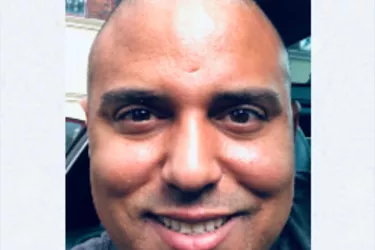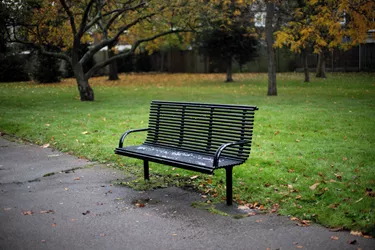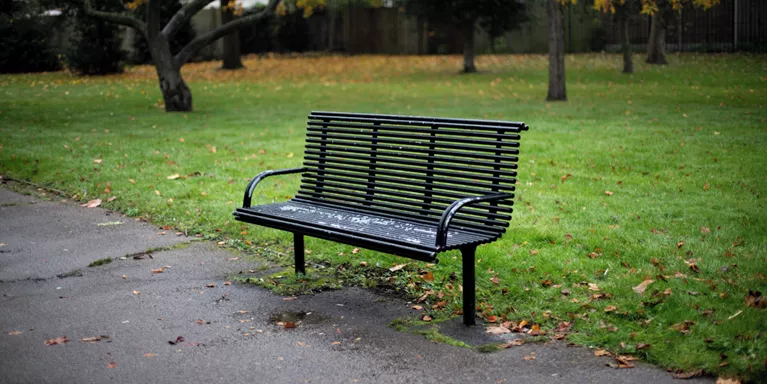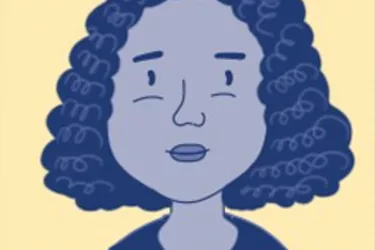Race is part of the history of mental health
To mark the last day of Black History Month, our Head of Equality Improvement, Marcel Vige, explores how race forms part of the history of mental health. Marcel explains how its dark past still has ramifications for people’s outcomes and treatment today, and what needs to happen to create effective change.
The story of mental illness as a medical condition has its origins in the work of German psychiatrist Emile Kraepelin. Kraepelin created the classification of mental illness that is used as a basis for modern diagnosis of conditions such as schizophrenia and bipolar disorder. He was also a strong believer in “racial hygiene” (the forerunner to eugenics), which shows us how Race is part of the history and origins of our mental health system.
Mental illness has been, and still is, deeply racialised
It’s not possible to truly understand current definitions of mental health problems and how they’re treated without also understanding how mental illness has been, and still is, deeply racialised. Two famous examples that show this are drapetomania and trichomania. Coined in 1851 by American physician Samuel A. Cartwright, drapetomania was a form of “madness” offered as the cause of slaves running away from captivity. Trichomania was a mental disorder of which dreadlocks was the principle sign.
These older ideas rooted in scientific racism reflect racial stereotypes applied to Black** people that are still a feature of British society. This can be seen not only in the high rates of sectioning of Black people under the mental health act, but also the explanations that have appeared over recent decades. These include the notion that Black people are genetically predisposed to psychosis and schizophrenia, and that Black people come from problem families and communities that predispose people to severe mental illness.
Race continues to influence decision-making by professionals
Over the years, ideas like this have been successfully challenged by schools of thought that take account of the effects of structural racism on the wellbeing of Black people. However, race continues to influence decision-making by professionals, in that mental health services typically don’t actively confront how structural racism impacts on Black people’s lived experience.
As a consequence, we see underuse by Black people of primary and preventative mental health services, and their overrepresentation in secure mental health settings. This reflects the age-old stereotype of Black people as dangerous, needing to be “managed”.
As young Black people engage more fully with social institutions, structural racism can be seen to increasingly impact their mental health
While Black people are far more likely to experience a mental health problem, until 11 years old Black boys don't have poorer mental health than others of their age. This suggests that as young Black people engage more fully with social institutions, and as their maturing self-awareness leads to increased insight into their experiences of discrimination, structural racism can be seen to increasingly impact their mental health. In light of this, supporting Black people towards better mental health is best done at an early age.
It’s for this reason that at Mind, we are working with young Black men, particularly in the transitional teenage years, to build their emotional resilience and also develop mental health services tailored to their needs. Building on a previous project called 300 Voices, we have recently launched our young Black men’s programme. The aim of the programme is to increase understanding of mental health problems, reduce the stigma surrounding them and teach participants how and where to seek help.
Black people are sectioned under the Mental Health Act to a far greater extent that their White counterparts
We are also heavily involved with trying to influence changes to the Mental Health Act through the recent government review into the Act. The focus here is on addressing the massively disproportionate use of the Act, where Black people are sectioned (compulsorily treated) under the Act to a far greater extent that their White counterparts.
This blog takes the opportunity of Black History Month to encourage you to consider how the racial inequality we see in the mental health system is deeply rooted in the history of now well-established medical understandings of mental illness. The legacy of this history is the structural racism that pervades the mental health system to this day.
We hope to align mental health support with the challenges Black people face
That said, projects like our own, along with a host of local community-based projects, peer support networks, individual professionals and academics, are part of a wider movement dismantling this legacy. We hope to align mental health support with the challenges Black people face in a way that’s authentic and engages with the entirety of their lived experience of racism as an everyday reality.
** Black here refers to people of recent African and African-Caribbean descent that collectively make up the African and African-Caribbean diaspora.

See what we're campaigning on

Our campaigns
We'll fight your corner. We believe everyone with a mental health problem should be able to access excellent care and services. We also believe you should be treated fairly, positively and with respect.
Share your story with others
Blogs and stories can show that people with mental health problems are cared about, understood and listened to. We can use it to challenge the status quo and change attitudes.

















